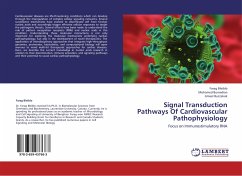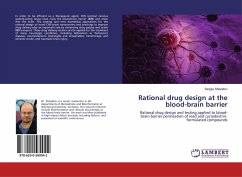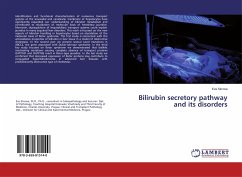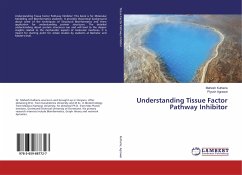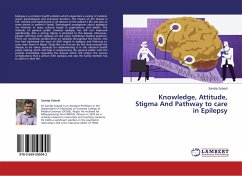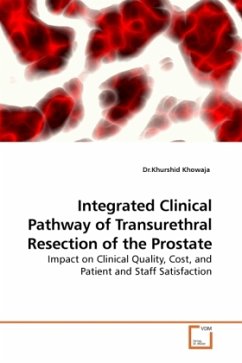
The Signal Transduction Pathway - Experimental Drug Design
Potential Anticancer Drugs - Interference of Mutated Ras Protein and Farnesylation
Versandkostenfrei!
Versandfertig in 6-10 Tagen
32,99 €
inkl. MwSt.

PAYBACK Punkte
16 °P sammeln!
The protein encoded by the ras genes occupies a central position in the signaling pathways used by cells to respond to growth factors. What apparently happens in cancerous tumors is that as a result of mutations in genes, ras proteins are constantly turned on so that they constantly promote cell division, even in the absence of stimulation by growth factors. But before either the normal or mutated ras proteins can do anything they have to undergo a series of modifications that enable them to settle in their final home, a spot on the cell membrane from which they relay growth signals to the cel...
The protein encoded by the ras genes occupies a central position in the signaling pathways used by cells to respond to growth factors. What apparently happens in cancerous tumors is that as a result of mutations in genes, ras proteins are constantly turned on so that they constantly promote cell division, even in the absence of stimulation by growth factors. But before either the normal or mutated ras proteins can do anything they have to undergo a series of modifications that enable them to settle in their final home, a spot on the cell membrane from which they relay growth signals to the cell interior. Perhaps by interfering with the modifications of the mutated ras protein, it might be possible to keep the protein from attaching to the membrane and thus it might be possible to keep the growth turned off and thereby prevent uncontrolled cell division. It is believed that drugs designed on this principle might prove more powerful than conventional chemotherapeutic drugs, which attack all rapidly dividing cells, whether they are cancerous or not.



